TRAINING AND WORKSHOPS
KMB focuses on the strategic imperatives of diversity and inclusion, demonstrating how effective equity strategies enhance satisfaction, innovation, and overall success. Our service educates leaders on equity and inclusion through strategic dialogue and interactive sessions. Participants learn to foster equitable environments, recognize biases, and establish fair policies. Workshops provide practical tools for addressing equity and diversity issues. Regardless of business size or industry, implementing equity training is crucial for fostering an inclusive culture.
Our training equips leaders to address systemic discrimination, promoting equity in hiring, leadership development, and performance evaluations. Acquired skills empower executives to create equitable work environments and ensure equal opportunities for all employees.
TRAINING AND WORKSHOPS
KMB focuses on the strategic imperatives of diversity and inclusion, demonstrating how effective equity strategies enhance satisfaction, innovation, and overall success. Our service educates leaders on equity and inclusion through strategic dialogue and interactive sessions. Participants learn to foster equitable environments, recognize biases, and establish fair policies. Workshops provide practical tools for addressing equity and diversity issues. Regardless of business size or industry, implementing equity training is crucial for fostering an inclusive culture.
Our training equips leaders to address systemic discrimination, promoting equity in hiring, leadership development, and performance evaluations. Acquired skills empower executives to create equitable work environments and ensure equal opportunities for all employees.
CASE STUDY
CHALLENGE
A nascent policy innovation shop who attracts public interest technologists who defined themselves as creative, ethical, inclusive and responsive grappled with a pressing challenge: fostering an inclusive and equitable work environment. Despite their intentions, leaders found it challenging to effectively navigate the nuances of justice, equity, and inclusivity. They were eager to enhance their understanding and confidence surrounding these critical issues but lacked the practical tools and resources required to mitigate inequity and exclusion in their organization.
PROCESS
To address these challenges, a series of leadership development workshops were designed, focusing on building equity competence among leaders. These workshops went beyond theoretical lectures, providing interactive, experiential learning opportunities. Leaders were encouraged to delve into their biases, interrogate existing norms, and challenge their perceptions. These workshops were interspersed with breakout sessions, role-plays, and case studies to ensure a comprehensive understanding of the complex issues at hand.
SOLUTION
The workshops introduced practical tools for identifying, questioning, and addressing instances of inequity and exclusion. Leaders were equipped with methods to foster open dialogue, create strategic spaces for underrepresented voices, and develop policies that promote fairness. The workshops were not just about imparting knowledge but also about empowering leaders to take informed, conscious action toward building more inclusive organizations.
OUTCOME
The workshops were a resounding success, significantly enhancing the leaders’ equity competence and confidence. They reported greater awareness of their unconscious biases and a better understanding of how to address. The tools provided were instrumental in initiating conversations around equity and fairness within their teams, leading to more inclusive decision-making processes. The equity-focused leadership development workshops successfully empowered leaders to mitigate inequity and exclusion, creating a ripple effect that promises to transform their organizations for the better.
CHALLENGE
A nascent policy innovation shop who attracts public interest technologists who defined themselves as creative, ethical, inclusive and responsive grappled with a pressing challenge: fostering an inclusive and equitable work environment. Despite their intentions, leaders found it challenging to effectively navigate the nuances of justice, equity, and inclusivity. They were eager to enhance their understanding and confidence surrounding these critical issues but lacked the practical tools and resources required to mitigate inequity and exclusion in their organization.
PROCESS
To address these challenges, a series of leadership development workshops were designed, focusing on building equity competence among leaders. These workshops went beyond theoretical lectures, providing interactive, experiential learning opportunities. Leaders were encouraged to delve into their biases, interrogate existing norms, and challenge their perceptions. These workshops were interspersed with breakout sessions, role-plays, and case studies to ensure a comprehensive understanding of the complex issues at hand.
SOLUTION
The workshops introduced practical tools for identifying, questioning, and addressing instances of inequity and exclusion. Leaders were equipped with methods to foster open dialogue, create strategic spaces for underrepresented voices, and develop policies that promote fairness. The workshops were not just about imparting knowledge but also about empowering leaders to take informed, conscious action toward building more inclusive organizations.
OUTCOME
The workshops were a resounding success, significantly enhancing the leaders’ equity competence and confidence. They reported greater awareness of their unconscious biases and a better understanding of how to address. The tools provided were instrumental in initiating conversations around equity and fairness within their teams, leading to more inclusive decision-making processes. The equity-focused leadership development workshops successfully empowered leaders to mitigate inequity and exclusion, creating a ripple effect that promises to transform their organizations for the better.
WHAT PEOPLE ARE SAYING
“Her job title and role really jumps out as a Cultural Architect: She helps organizations build. There is a legacy of second class categorization that needs to be explored & understood. It still exists...we need to understand...we need the full context...She can help organizations do this very important work.”
“Dr. Kerry makes the case that perfection is not required. There will be missteps but it doesn’t mean you don’t start the work or have the conversation. So as Black people we should engage in constructive and respectful conversations with those that don’t share our experiences. We can think, pause, and decide when to answer, and white people should not stay silent in the face of injustice. They have an obligation to not pretend that they do not see injustice. In their silence is agreement.”
“Dr. Kerry is so right …the work has to occur at all levels of the system. We all need to get involved, but all the work is not the same. We all have a part to play, talents to contribute, and gifts to present to the cause. We have to be INTENTIONAL around what’s ahead of us and what’s required”
“Dr. Kerry’s role is essential to the healing of our nation because employers have a responsibility in the workforce and in schools to not just hold employees accountable for their actions, but also the employers themselves. As Dr. Kerry has stated; “ We need to get rid of instigators, educate the confused weak people while supporting and protecting those who speak up.”
Thank you so much for this thoughtful close-out memo and for your strategic partnership through so many changes at Demos. I appreciate all you did to make our work, relationships, efficiency, impact, resilience, analysis, and systems stronger. I am personally grateful for the many ways you helped me deepen my organizational leadership skills.




